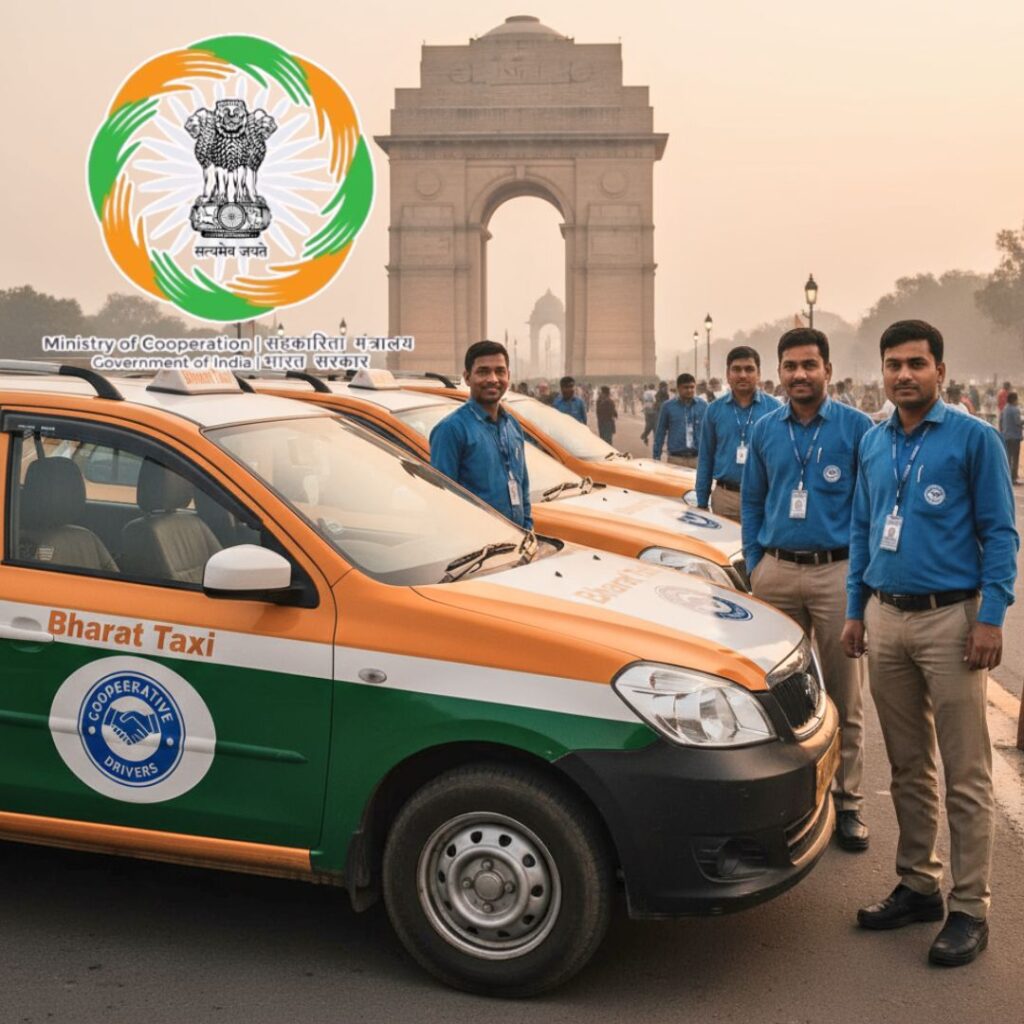According to The Hindu, the latest information collected by an RTI activist Jeetendra Ghadge has revealed that the Mumbai-Ahmedabad bullet train project can turn out to be a loss-making project. The state Transport Department in its report, in the RTI reply, has responded that the investment in the project can be lost in the form of wasted Floor Space Index and the investment is not economically viable. The State Finance Department in its note said, “the estimated annual return of the project is less than the expenditure, therefore the chances of losses are high”. Shockingly, the RTI query has also revealed that not a single meeting had been conducted by the Maharashtra government before approving the project. The only clarification given by the state government was that a committee meeting was held on September 7, 2017, post which a decision was taken.
The bullet train project which has already caused public outcry is highly criticized by environmentalists and activists due to gross violations of environmental laws and adversely affecting farmers and tribals in Gujarat and Maharashtra. After the revelation of the RTI report has again posed the question “Does India really needs a Bullet Train”?
A brief about the project
Mumbai-Ahmedabad High-Speed Rail (MAHSR) with a route-length of 508 km has a total estimated cost of Rs 1.1 lakh crore. The bullet train will run at a speed of 320-350 kmph and will have 12 stations between Mumbai to Ahmedabad across its 500 km stretch. The project is implemented by National High-Speed Rail Corporation Limited (NHSRCL). The project is financed by Japan International Cooperation Agency (JICA) by lending Rs 88,000 crore at the 0.1% interest which is required to be paid in 50 years. The bullet train corridor is meant to benefit diamond merchants, textile traders and other professionals who shuffle between the cities for work.
Affected areas and environmental concerns
The project has affected eight districts and 192 villages in Gujarat; and four districts and twelve villages in Maharashtra, acquiring 612.17 ha of land in Gujarat, 246.42 ha in Maharashtra and 7.52 ha in Dadar and Nagar Haveli. The project has also acquired 866 of fertile farmland and cut down more than 80,000 trees. According to the report (Mumbai-Ahmedabad High speed rail: A people’s critique, prepared by the coalition of various organization resisting bullet-train project in Gujarat and, Maharashtra), the route of MAHSR would cause indiscriminate loss to mangroves, multiple reserved forests and biodiversity. This would also decrease the carbon-sequestration by these forests, resulting in increase in the level of CO2. The farming practices which otherwise helps in mitigating climate change would increase the level of air pollution and after the destruction of fertile farmlands.
When India is already going through agrarian crisis and farmers in India are fighting with authorities and climate change, in such situation, by acquiring fertile farmland from the farmers, the bullet train project has added fuel to the fire.
No environment impact assessment and JICA guidelines
The Bullet Train Project corridor is a result of a memorandum signed between the Japanese government and the Indian government, therefore the bullet train project has to comply with both Indian and Japanese laws and guidelines. In India, the railways and metro rail projects don’t fall under the purview of 2006 Environmental Impact Assessment (EIA) Notification and therefore no EIA is required to be done by Indian laws ( requirement of EIA has also done away with by SC in various judgments saying that metro projects help in reducing the air pollution, therefore there is no need for EIA in such projects.).
But Japanese laws and guidelines require mitigating the social and environmental impact caused due to such projects. There are JICA guidelines which need to be adhered to, to avoid environmental and social impact caused by the bullet-train project. The JICA guidelines for Environmental and Social Consideration, categorically state the significance of environmental and social considerations including the impact on human health, safety, air, water, soil, flora, fauna, eco-system, climate-change and people affected by migration, in extending its support for any project in developing countries. The JICA guidelines also assert for the consent of a majority of stakeholders involved in the project. Apart from the JICA guidelines, Japan’s Official Development Assistance (ODA) Charter also considers social and environmental impact while contributing to sustainable development in developing countries.
But, the manner in which the whole process has been conducted clearly violates JICA guidelines, Indian constitution and the international obligations of Indian and Japanese government towards sustainable development.
Dilution of Land Acquisition Act The Right to Compensation and Transparency in Land Acquisition, Rehabilitation and Resettl…











